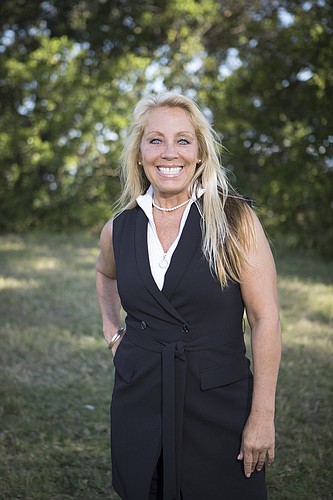- December 15, 2025
-
-
Loading

Loading

Alex Levine knows what’s like to be told by his bank to take a hike. Like the time in 2015, his Colorado retail cannabis business flush with cash from sales, when he sat outside an ATM shoving bills into the kiosk at night. Call it the dope deposit.
That was when Wells Fargo, mired in a public relations crisis with an account fraud scandal, gave Levine short notice it was dumping him, and his company, Green Dragon, as clients. Levine, whose Denver-based business entered the Florida medical marijuana market in late 2020 with plans to open at least 10 locations in the state in 2021, says the banking scramble was a drag. “We had one year where we really didn’t have any banking,” Levine says, citing third-party lenders with double-digit percentage loan terms as one of several issues. “It was a horrible experience.”